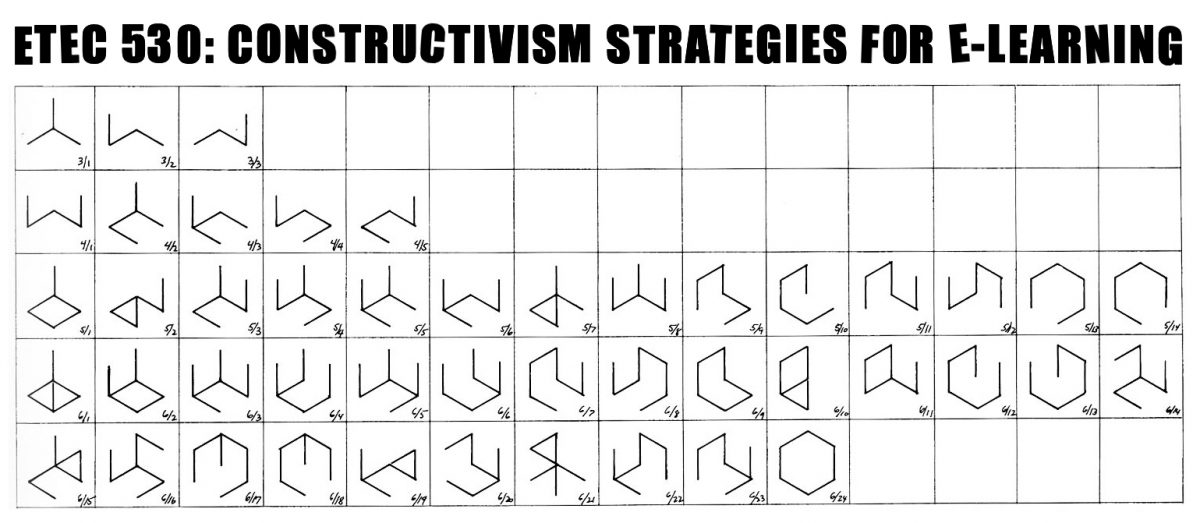My role is to train new staff in a highly complex position. The direct training occurs over an approximate 1-year period, but additional training and mentorship continues after that point, and most staff are fully trained within 2 years. I have recently started training a new group of 7 staff, which is the largest group we’ve had. Usually there are 1-3 new staff at a time, and the training is much more personal. With this larger group I have had to implement group learning techniques, which I know very little about. As I read the text, I considered the different types of constructivism (cognitive and social), or as Fosnot (2013) describes, “those that place more emphasis on the individual cognitive structuring process and those that emphasize the social and cultural effects on learning” (p. 28). I kept thinking about the 7 new staff and wondering which type of constructivism they would believe is most useful to their learning both individually and as a group. Some other questions I had are as follows:
- Do they find both independent and social aspects of learning beneficial or does one aspect stand out?
- Are they drawing on their past knowledge?
- Are they sharing their knowledge with their peers?
- Do they feel part of a community?
The content of what I am training is an opposing mix of rules based on internal policy, procedures, and provincial legislation, but also, and of equal importance, competencies such as communication skills, problem solving, strategy and risk analysis. This can be challenging to teach, as at times, there is not much room for interpretation, but simply a correct and incorrect action. However, within that action there is room for style and strategy, and occasionally there is space to shift what might initially appear as having a binary outcome. Due to this, I feel I am doing a lot of (too much) talking at the staff. Fosnot (2013) writes, “…cultural knowledge that is assumed to be held by members of the culture is in reality only a dynamically evolving, negotiating interaction of individual interpretations, transformations and constructions…Yet cultural knowledge is a whole larger sum of the individual cognitions” (p.28). With the fluctuating nature of cultural knowledge in mind, I don’t want the staff to be only hearing my past perspective – I want them to have access of other senior staff’s active knowledge as well as each other’s as they gain experience. I want them to feel they are part of a dynamic community of discourse and practice (p. 34). Furthermore, I want them to feel they have the space and support to collectively explore disequilibrium as it arises. As Fosnot states, “Challenging, open-ended investigations in realistic, meaningful contexts need to be offered which allow learners to explore and generate many possibilities, both affirming and contradictory. Contradictions, in particular, need to be illuminated” (p. 34).
I designed a poll titled Checking-in: A Reflection on Learning to Date to serve as a check-in for the new staff I am training to get a clearer sense of where they are at, and to allow the opportunity to collaboratively design future learning scenarios and activities. For those of you who will be filling it out in this course, you can consider the questions from the perspective of a new learner of this course content, and a student of the MET program as a whole.
You can access the poll HERE.
References:
Fosnot, C. T. (2013). Constructivism: Theory, perspectives, and practice (2nd ed., pp 3-54). Teachers College Press.
